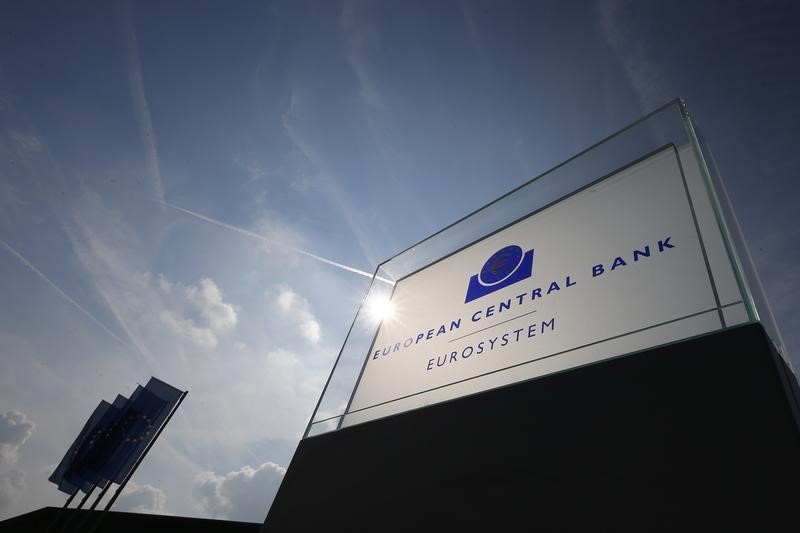By Peter Nurse
Investing.com - European stock markets are expected to open largely unchanged Friday, stabilizing after the previous session’s sharp losses with investors looking to the release of key U.S. employment data for confirmation of the likelihood of early U.S. interest rate hikes.
At 2:05 AM ET (0705 GMT), the DAX futures contract in Germany traded 0.1% lower, CAC 40 futures in France dropped 0.1%, while the FTSE 100 futures contract in the U.K. rose 0.1%.
European indexes slumped on Wednesday, with the DAX falling 1.4% and the CAC 40 dropping 1.7%, after the minutes of the December Federal Reserve meeting had shown that a tight jobs market as well as elevated and persistent inflation could force the U.S. central bank to raise rates more aggressively this year.
This brings the release of U.S. nonfarm payrolls data, due later Friday, firmly into the spotlight.
The payrolls are expected to have risen by 400,000 in December, almost doubling November’s disappointing 210,000 rise, with the unemployment rate seen falling to 4.1% from 4.2%.
However, Wednesday’s private payrolls report, which is often used as a guide to the government’s, showed companies added 807,000 jobs last month, more than twice the number expected. Other items such as wage growth will also be parsed for their implications for inflation.
Back in Europe, German industrial production fell 0.2% on the month in November, after rising 2.8% the previous month, but most eyes will be on the December Eurozone consumer price index release. This is expected to show prices remaining at elevated levels, climbing 4.7% on the year, a slight reduction from 4.9% the previous month.
In corporate news, STMicroelectronics (PA:STM) said its preliminary fourth-quarter revenues were slightly above the guidance given at the end of October, in the context of a global microchip supply crunch, while Royal Dutch Shell (LON:RDSa) said it will channel $5.5 billion in proceeds from the sale of its Permian assets into a rapid stock buyback.
Oil prices rose Friday, fuelled by concerns over global supply, largely on the back of unrest in Kazakhstan, a member of the OPEC+ alliance that is gradually adding oil back to the market.
TCO, Kazakhstan’s biggest oil producer and a joint venture led by Chevron (NYSE:CVX), confirmed Friday it has altered output amid unrest and protests in the country, but declined to provide further details on the size of the adjustment. President Tokayev said that order had been largely restored after the arrival of troops from the Russian-led CSTO alliance, of which Kazakhstan is a member.
These supply concerns have appeared to have superseded worries that the rapid spread of the Omicron coronavirus variant might hurt demand.
By 2:05 AM ET, U.S. crude futures traded 0.9% higher at $80.18 a barrel, while the Brent contract rose 0.9% to $82.70. Both contracts were on track for gains of more than 6% in the first week of the year, with prices at their highest since late November.
Additionally, gold futures rose 0.1% to $1,791.05/oz, while EUR/USD traded 0.1% higher at 1.1300.
